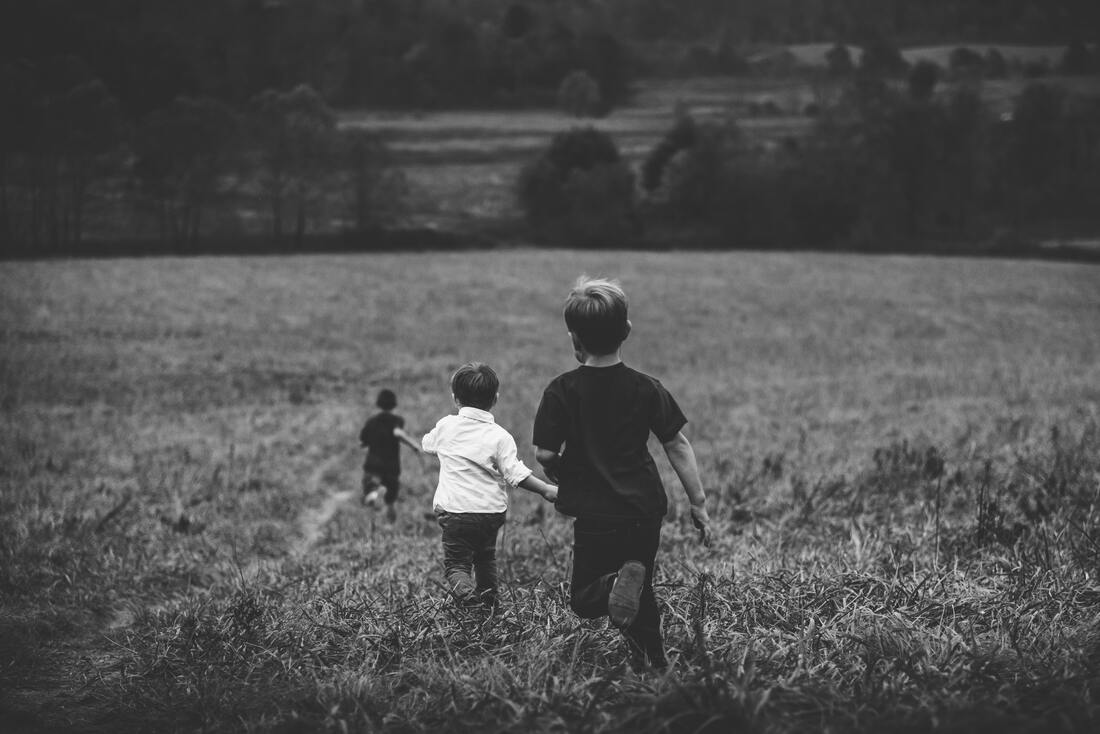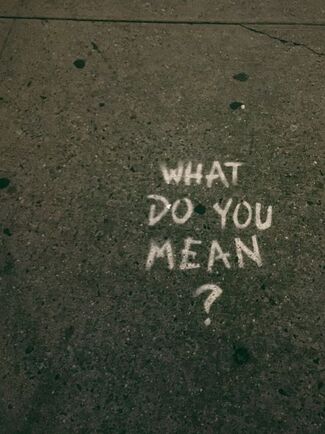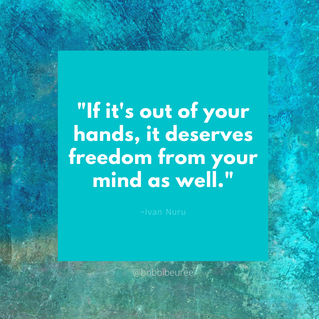Exploring your upbringing and earliest experience of life is not, in any way, meant to blame, shame, or point fingers at the people who raised you. Just as each of us is doing the best we can in this moment, with the level of self-awareness and emotional well-being we have, so were they.
By building our level of insight into the programming of our past, it opens up the opportunity for emotional healing in the present-moment. We explore childhood conditioning to understand the wiring that took place back then that is dictating your current life experience. So, instead of causing resentment and judgment, it actually has the potential to raise our level of self-compassion and empathy for others. Our core beliefs formed in childhood. When we think of beliefs, it's often the conscious ones that come to mind, like, “I believe in God” or “I believe that people should be good to one another”. They make up a tiny percentage of our overall beliefs. Much deeper are the subconscious beliefs that dictate how you see yourself, and interpret what happens around you – beliefs that are basically creating your reality.
You decided what you could expect from other people and from life in general. You internalized all the messaging (verbal, non-verbal, energetic) and turned it all into a story, a type of "Life Script", that helped you make sense of the world and stay safe within it. The problem with the story we wrote is that it was based on faulty information. We were trying to learn to navigate the world; we needed to figure out where we fit. Along with what was said to us directly, through verbal messaging, we also interpreted everything we saw and heard. Our mind told stories and connected dots that were often just not true. Your child-mind was in programming mode, with a brainwave pattern that allowed information to be "downloaded". As children, we are sponges. We are self-involved. We have to be. We relate everything back to ourselves – "what does this mean for and about ME?” Every experience was filtered through that lens and conclusions were reached that were often inaccurate and painful. When that happens, we’re truly operating from the perspective of a young child. Our subconscious wiring has caused us to become emotionally dysregulated. Your emotional programming determines how you feel about, express, process, and experience emotions. In childhood, you watched how important adults to you handled their emotions. You grew to understand which emotions were okay to have and express, and which ones weren’t okay. You also decided how you FELT about emotions in general. Were they something to avoid, did they mean you were weak or needy? Did you believe you were you responsible for how others felt? Were emotions embraced, accepted, and openly discussed? It’s the blueprint you would have taken on as a “how-to” when it comes to emotions. If I had to guess, I would say that, like me, your “how-to” blueprint stopped working for you a long time ago. By doing self-work, you can uncover the subconscious wiring + programming you have around emotions. And by working with your emotional triggers (we all have them – big + small!) you can make the switch from habitually reacting to your emotions to intentionally responding to what is happening in the present-moment. Learn More about a Core-level Coaching AuthorLearn more about Bobbi Beuree, Nova Scotia-based Coach + Facilitator
0 Comments
We're often not aware of the things we're doing that increase worry and anxiety. Habitually and consistently watching the news or mindlessly scrolling social media, for example, takes a toll on us, whether we realize it or not. The more we focus on scary or upsetting things that are beyond our control, it just makes sense that we will feel more anxious. It can make us feel powerless and it puts our nervous system on high alert. It then gets stuck there as worried thinking takes over. Initially, worry was something your mind started doing to try to help you feel more in control and to ease your emotional discomfort. Even if, over time, worry has caused suffering for you, the mind's initial intention was to be helpful and protective. It took on the job of planning, plotting things out, imagining worst-case scenarios – always wanting to feel prepared for what may come. It is constantly looking for a sense of safety, and sometimes worrying meets that need. You’ve given your mind something to do – to dwell and guess what comes next. But your mind can’t figure things out – that’s not possible. The mind is simply pulling from what it knows, what it has conditioned and programmed into it, and adding on some of what is actually going on. It will then start making up stories about what the future holds.
But that would be like saying you are intentionally beating your heart, digesting your food, or healing the cut on your hand. All these things are happening to you, but it’s not because you’re intentionally directing them. It is the exact same thing with worried thinking. It is happening TO you in that it is not a conscious choice. We cause suffering for ourselves when we allow our habit of worry to go unchecked. We rob ourselves of the peace that actually exists in the present moment. And we live out our worst fears in our minds, causing us to experience the very thing we’re worried about, or even terrified of, experiencing.
Worry can range from feeling uncomfortable to being debilitating. If you allow yourself to stay in a state of stress, with stress hormones pumping through your body, it negatively impacts every system that is vital to your health and well-being. And beyond that, you can’t feel love, joy, or a healthy connection with others when your mind is in survival mode. It’s just not possible. People often say that they know it’s not helpful to worry but that they can’t stop. You can! It’s a choice. But that’s not to say it’s not a difficult habit to break. You are pulling away a barrier, a defense mechanism you have likely used for a long time to cope with uncomfortable feelings. Ask yourself, “do I want to continue to let my nervous system be negatively impacted in this way?” When your body is in stress-mode (which is what is happening when you worry), you remain in survival mode. Your body is on high alert, meaning it is unable to move to “Rest + Digest” mode or do all the things that keep us healthy. What can you do when you notice yourself falling into worry? First, try to acknowledge that it is your mind doing what a mind does. Remind yourself that it can't figure out the future. It will just tell scary stories in an effort to prepare you for the worst.
Getting caught up in a cycle of worry keeps us trapped in survival mode and limits our ability to experience positive emotions, like joy, hopefulness, confidence, enthusiasm, and more. Worry is not who you are - it is just a habit that keeps you stuck. You CAN make changes that will allow you to feel more peace of mind and a heightened sense of wellbeing! Learn More about Core-level Coaching AuthorLearn more about Bobbi Beuree, Nova Scotia-based Coach + Facilitator |
AuthorBobbi Beuree, Certified CAN Coach + Facilitator is located Nova Scotia and provides interactive 1:1 coaching services, as well as group coaching events. Archives
March 2024
Blog list: |
- Home
- About
- Connect
- Blog
- Why Coaching?
-
Key Topics
- Stress Management
- Practicing Healthy Self-Care
- Dealing with Difficult Emotions
- Thinking Traps and Limiting Beliefs
- Procrastination and Lack of Motivation
- Gaining Control Over Habits
- Life Direction
- Mindfulness
- Emotional Intelligence
- Self-Management
- Interpersonal Relationships
- Anxiety
- Perfectionism
- Self-Esteem + Self-Confidence











